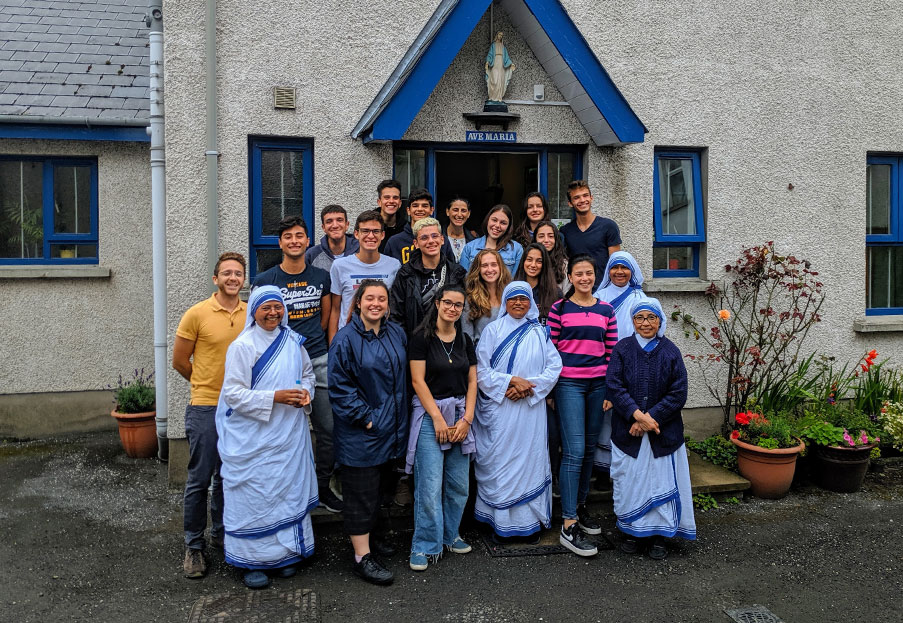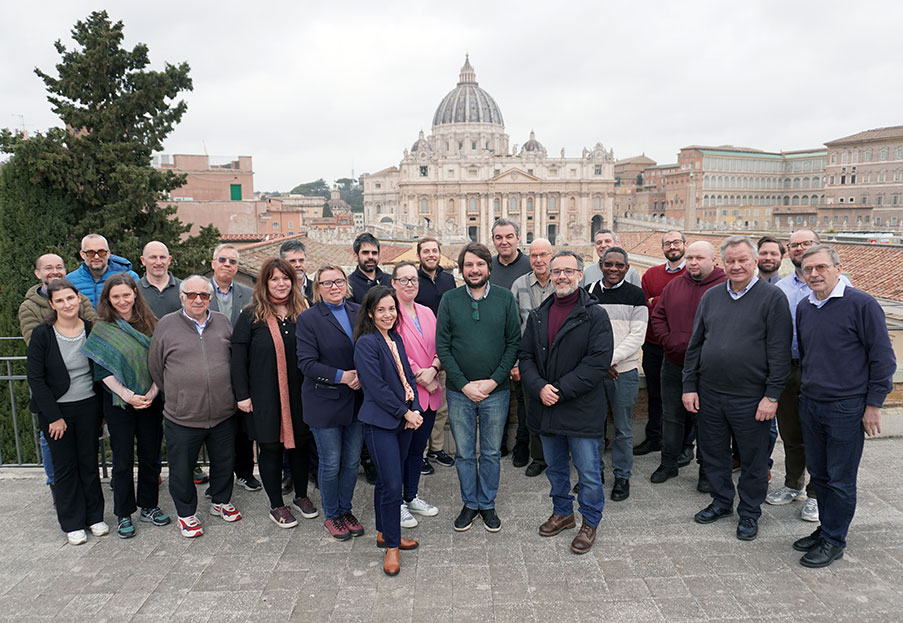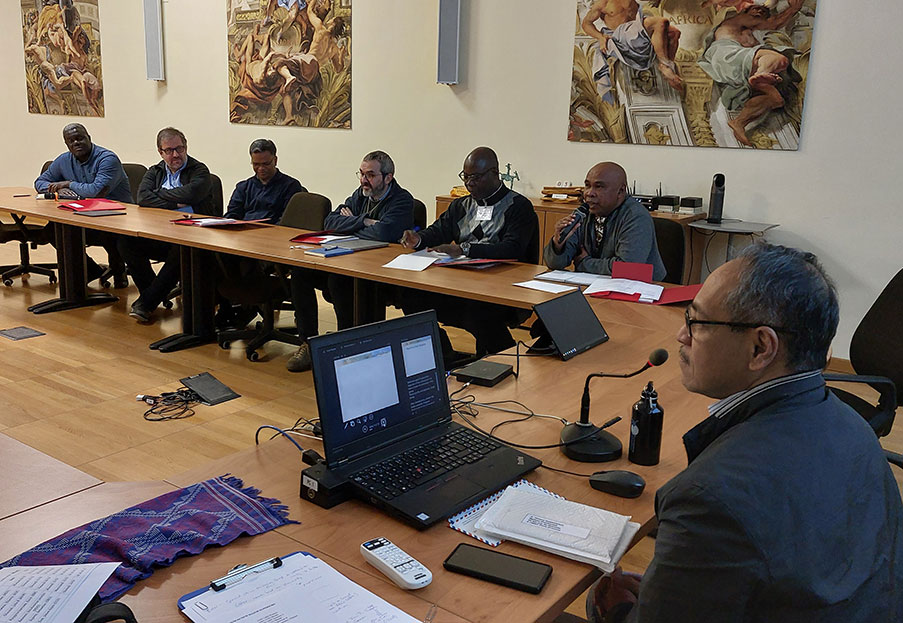Kyrgyzstan – At the service of all young people in a delicate context of dialogue at the frontier
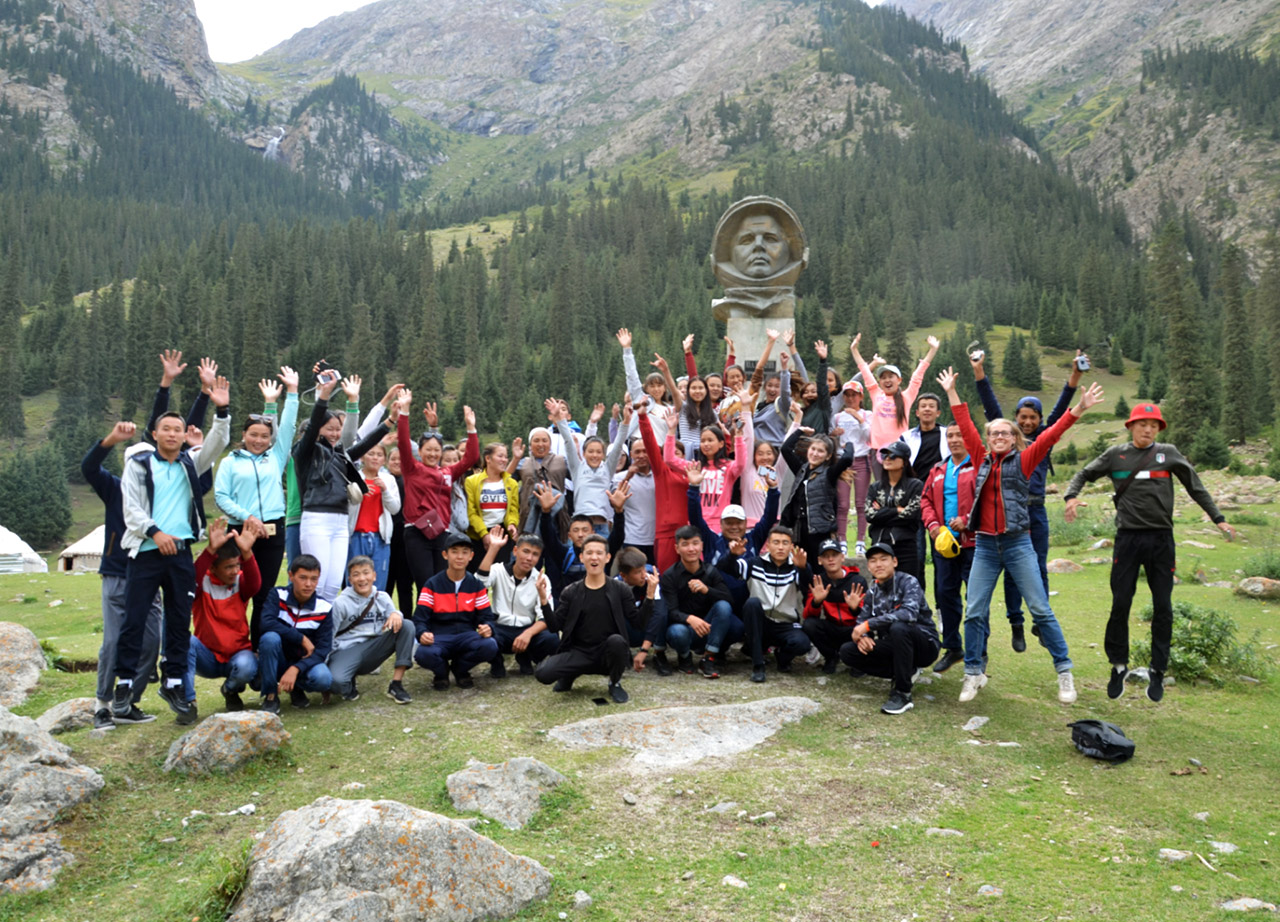
Brother Damian Wojciechowski, a Polish Jesuit, runs what could be considered a rehabilitation center for young people in Kyrgyzstan, a region whose population is largely Muslim. In general - and according to the testimony of the Apostolic Administrator of the Catholic Church in Kyrgyzstan, Fr. Anthony Corcoran, SJ, relations are good between the small Catholic community and the Muslims of the region who are not inclined to extremism. Of course, there are exceptions... In the testimony we received from Brother Damian, he points out that dialogue is not always easy because some members of the Islamic clergy still fear that Christians want to convert children to Christianity. Here is an account of a meeting he had with a mullah from the region. A testimony of tact, inter-religious diplomacy, and most of all service to the community.
“Damian, if you organize this camp again, we’ll burn the place down!”
The threat comes from a young ‘moldo’ (Kyrgyz Mullah, Islamic cleric), whom I meet at the sawmill in the neighboring village or Dhzenisch (which means “victory” in Kyrgyz, but before World War II this village was called Tschytschkan, meaning “mouse.”) The Mullah has a shaved head and is dressed in a white shirt, knee-length, and wide, white “Muslim” pants. He is wearing a white flat Muslim skullcap hat instead of a pointy Kyrgyz ‘kolpak.’
I am happy that I finally met him. He was the one who organized denunciations to the KGB that, according to what he thought, those of us at the Children’s Rehabilitation Center were converting Muslim children into “Baptists.” KGB agents whom I know used to come to me and say: “Damian, we know that you do not do anything bad, but if it’s denounced, we have to come and check.”
We sit on the grass. The Moldo does not speak Russian very well, so we switch to Kyrgyz. I say: “You should come and first check out what we do… Because if you set us on fire you will never know if we really did something bad!”
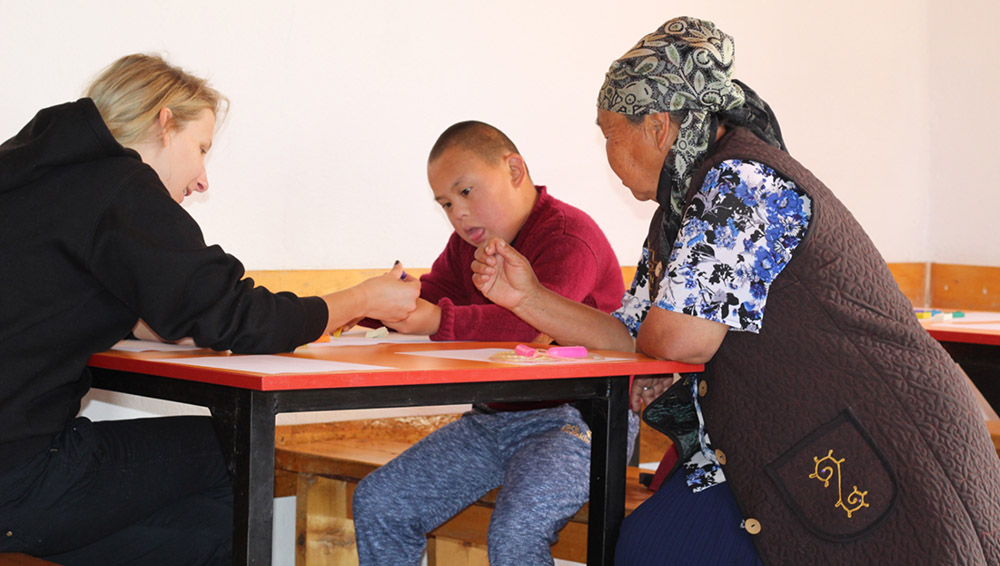
I can see that my argument does not convince him. He probably thinks it would be better to burn the infidels as a preventive measure. How should I talk to him? His time reference is the year 1439 (years counted from the Hegira, Muhammad’s flight from Mecca to Medina.) We’re almost six centuries apart. He probably would have found it easier to find a common language with the knights of the crusades.
“'Bajke' (I call him this way, something that has a meaning similar to “sir” or “brother”) do I look like a fool who would convert children without the knowledge of their parents? God would not approve of that...”
The Moldo considers my answer in silence... He does not like the idea of converting to Christianity, but to Islam... who knows? We part ways in a friendly manner. Next year, I think that he will denounce us again.
How did it happen that we were we denounced as “converting Muslim children into Baptists?” We had organized a free camp for orphans and disabled children from Tschytschkan. At the same time, we were running a camp for children from Catholic parishes. Kyrgyz children were curious about the makeshift chapel when they saw us during the Holy Mass. During the evening play, they wanted to join in singing songs like “All the Saints are smiling.” We did not want to chase those kids away and make them feel unwanted. This is how we could be seen as “proselytizing.”
As we can see, the team at the Children Rehabilitation Center must learn to walk a tightrope to serve the youth in need, of whatever religion, while keeping open opportunities for dialogue with Muslims.

